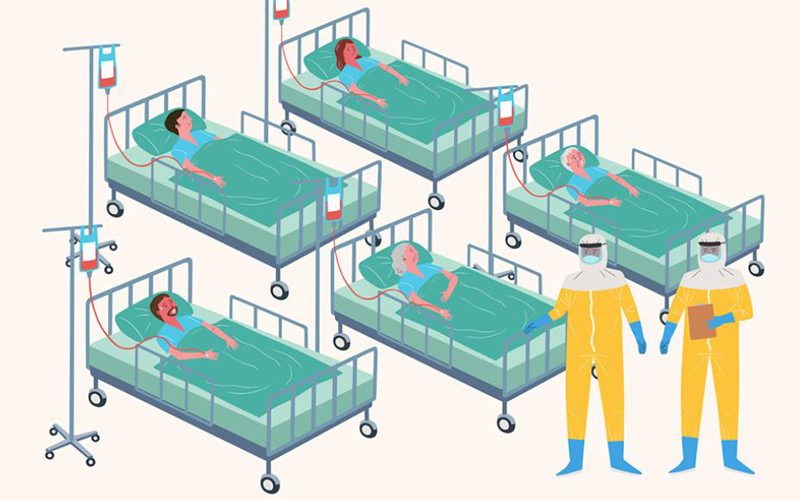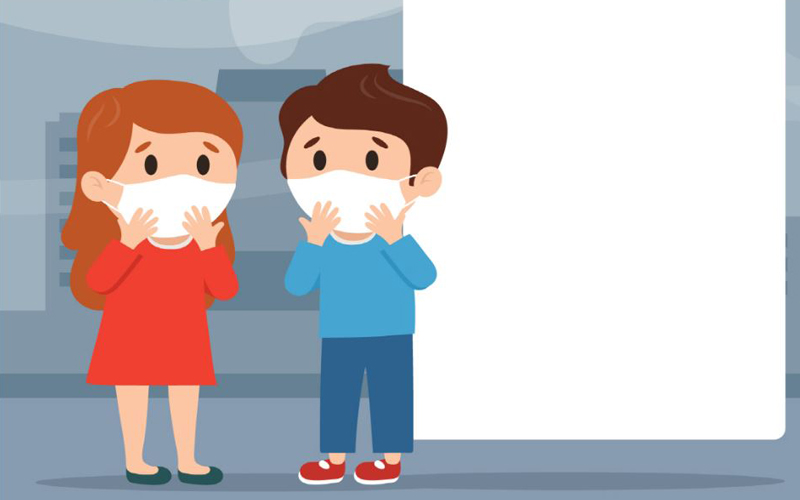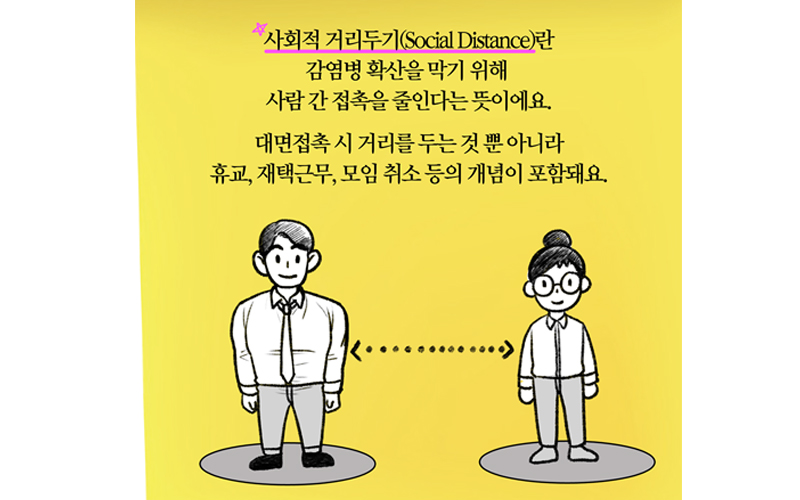By Honorary Reporter Wendy Palomo from Philippines
Photos= Korea Copyright Commission

Around 2,000 Philippine nationals are registered residents of Daegu, not including marriage migrants who have settled there and acquired Korean citizenship.
When news broke out that Daegu was the epicenter of the COVID-19 outbreak, I started reaching out to my fellow Filipinos residing in Daegu. They know better than most how everyday life looks like in that city.
Khristine Joy Simpao is a university professor at Keimyung University in Daegu and lives there with her husband and their son. When news of the outbreak came and the city was seeing a notoriously high number of confirmed cases, she said her fears were mainly for her 10-year-old son.
"I was afraid for my son because a child's health and coping mechanism in this kind of situation are deficient and vulnerable. With the snowballing number of infection cases, my initial reaction was to go back to the Philippines," she said. "Learning how the coronavirus made Wuhan (China) the world's scariest and deadliest place by the time the outbreak exploded, it was predominantly daunting to imagine that Korea might not be far off in that situation."
Joel Cambaliza, a factory worker who has lived in Korea for two decades, said he fears for Philippine workers who have lost their jobs because of the outbreak. They were told the work stoppage was temporary but no one knows when or if they can return to work. Because demand for manufacturing has declined, he said, it means fewer hours of work for him as well.
Alice Lipata is a marriage migrant and a leader of Daegu's Philippine community. In an interview with a Philippine TV network, she asked for masks from the Philippine Embassy in Seoul for Filipinos in Daegu due to a shortage there. The embassy promptly acted by calling all Philippine residents of Korea (through relevant organizations) to join the effort to send masks to Filipinos in Daegu.
The Philippine community responded so the embassy sent masks from March 3-4 to Daegu. The embassy also welcomes more donations of masks and hand sanitizer.
A widow with two teenage sons, she received government support in the form of masks at the onset of the outbreak. Her sons will receive a food allowance until they finish high school, a big help since she cannot perform her part-time job as an English teacher. She also sells baked goods, though the outbreak has led to fewer orders.

On if she return to the Philippines if the Philippine government offered to repatriate Philippine workers due to the outbreak, she gave a definitive "no," saying she is confident of Korea's ability to overcome this crisis.
Simpao said, "With quick response, rigorous treatment and preemptive quality measures, I think there is nothing to worry about and no need to panic here in Korea. I'll wait and cooperate with the government."
She said she also feels safe in receiving three to five messages a day with information on the coronavirus and healthy reminders to stay safe from it.
'“With a seamless emergency system of medical institutions, the government and private agencies, Korea leaves me astounded in reassuring us of our safety. No doubt that Korean government can provide a speedy system since it has one of the world's most advanced medical facilities. The abundant supplies and skilled personnel are sufficient to overcome this chaotic situation," Simpao added.

To minimize the coronavirus spread, social distancing is a behavioral practice to lower the risk in most circumstances. (The Ministry of Health and Welfare)
For now, the three are heeding the government’s advice to stay indoors and practice social distancing measures to help slow the spread of the coronavirus. Lipata said she went out with her sons on a sunny day but that she mostly stays at home and bonds with her boys while waiting for this to be over.
Cambaliza said he does not go out as often as before to walk his dogs but looks forward to doing so again.
Simpao said she practices personal hygiene measures with her family, shops online instead of going to the supermarket and always wears a mask if she goes out.
chaey0726@korea.kr
*This article is written by a Korea.net Honorary Reporter. Our group of Honorary Reporters are from all around the world, and they share with Korea.net their love and passion for all things Korean.